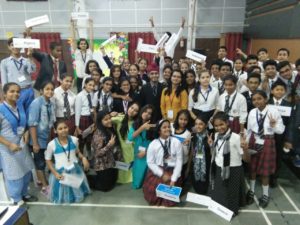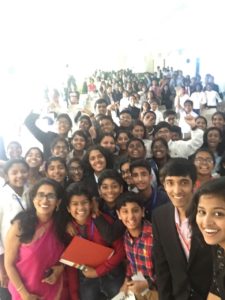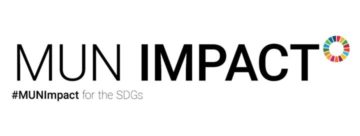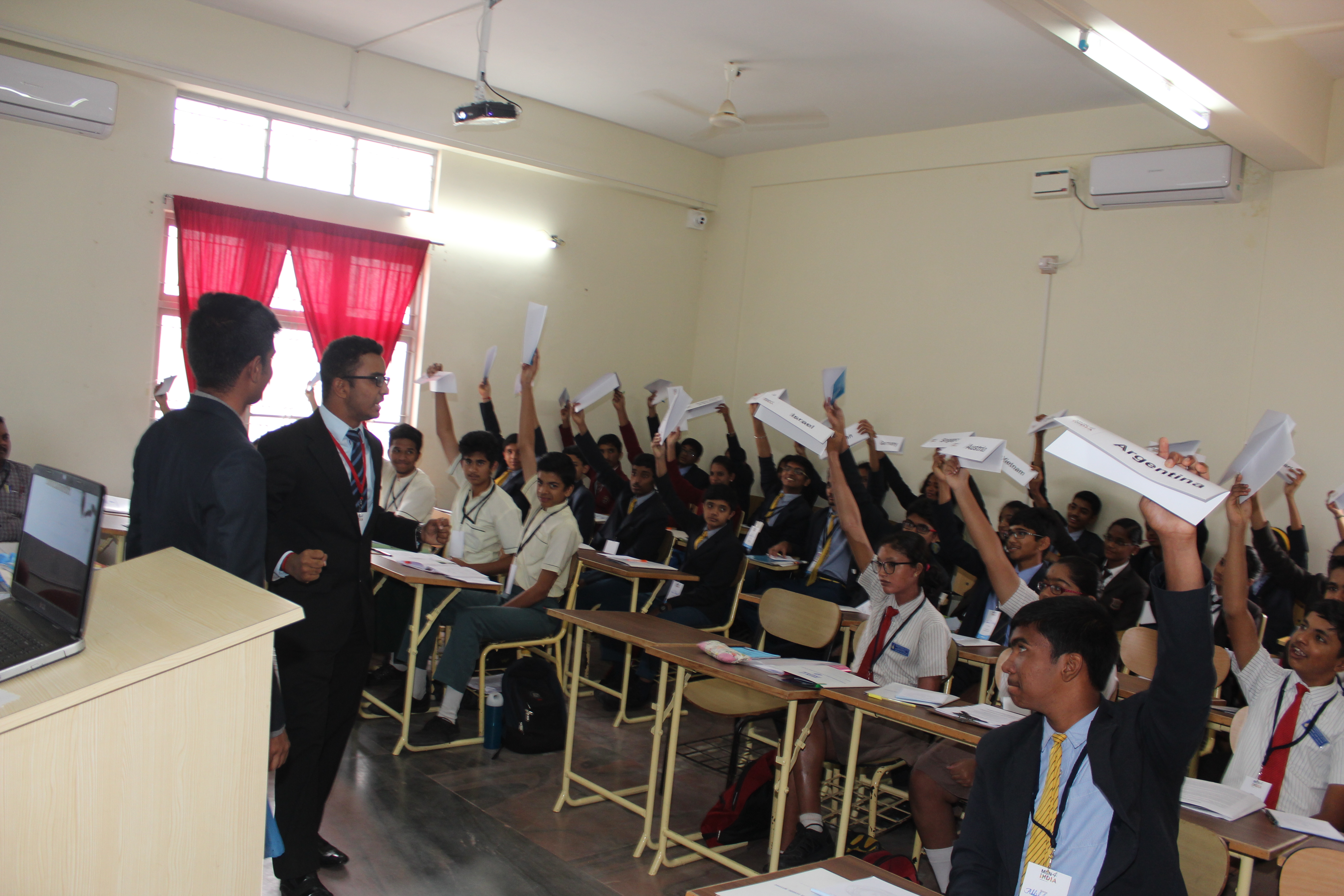By Nikunj Agarwal, Worldview Staff
_______________________________________________________________________________

High School Model UN in India is about a couple of decades old. In the past decade, there has been an explosion in the number of participants, and, consequently, in the number of conferences that are hosted in the country each year. Now almost every large school, college and university hosts its own annual conference, and the participation numbers are only growing.
Unfortunately, however, this trajectory has carried with it a large shift from the core values of Model UN. The focus on collaboration and knowledge sharing has been lost to extreme and fierce competition, boosted by increasingly aggressive debate and delegates. The overall quality of the learning experience has also deteriorated, due to an absence of knowledge leadership and consolidated approach. Meanwhile, the rapidly increasing number of conferences hosted with very little Model UN experience has also led to many of them having to offer extravagant social events, fantastical committees and – in certain cases – huge monetary awards, in a bid to attract more delegates.
 Finally, the explosion of Model UN has also meant that more and more delegates, faculty, schools and even parents, now view Model UN as a checklist item on students’ profiles and do not, instead, focus on the students’ growth and learning. Many students attend over 10 conferences each year in an attempt to outdo their peers, but few truly use the platform as a stepping stone.
Finally, the explosion of Model UN has also meant that more and more delegates, faculty, schools and even parents, now view Model UN as a checklist item on students’ profiles and do not, instead, focus on the students’ growth and learning. Many students attend over 10 conferences each year in an attempt to outdo their peers, but few truly use the platform as a stepping stone.
‘MUN for India’, an initiative by Worldview, is a refreshing effort to counter these challenges, by redefining the accessibility, quality and scope of Model UN in the country. The initiative comprises a series of free-of-cost local Model UN conferences that are being hosted in collaboration with local schools around the country. The series is already underway, having engaged over 1000 students across six conferences so far.
Worldview, through its initiative called MUNCafé, has been an early pioneer of Model UN and is responsible for some of the country’s respected high school conferences including Harvard MUN India, Ivy League MUN Conference India, and WFUNA International MUN India. Armed with the experience of hosting such conferences, and having witnessed the breadth of Model UN around the world, the organization felt the need to introduce such an initiative, which was officially launched on September 25 – the day that the global goals were adopted two years ago.
 This initiative represents a radical shift in Model UN for India in that it is focused on empowering delegates, faculty members, parents and schools by providing knowledge leadership and learning resources, while building a new generation of delegates who view Model UN for what it is: a learning platform to improve one’s skills and awareness, share ideas and knowledge, build innovative solutions, and create a positive impact.
This initiative represents a radical shift in Model UN for India in that it is focused on empowering delegates, faculty members, parents and schools by providing knowledge leadership and learning resources, while building a new generation of delegates who view Model UN for what it is: a learning platform to improve one’s skills and awareness, share ideas and knowledge, build innovative solutions, and create a positive impact.
Worldview believes that platforms like Model UN must necessarily engage the current generation – Gen Z – and must afford them opportunities to develop their leadership skills. The incidence of impact must also gradually shift from mere awareness creation, to inspired and active solution building. It is only by becoming a Generation of Solvers – Gen S – that the youth can define the future of the country, and the world.
The conference series carries no registration cost, and is largely hosted in non-metropolitan cities to offer opportunities that transcend barriers of income and geography. Further, the initiative upholds international standards and quality, besides focusing on the training and development of not only the students, but also the faculty advisers, through immersive workshops and leadership forum sessions.
Thus far, the initiative has hosted workshops and lectures from the likes of the Georgetown International Relations Association, Coca-Cola India, The Takshashila Institute, the Guriya Foundation, Utkarsh Microfinance, and more, besides hosting distinguished educators, speakers and local changemakers. Such knowledge partnerships have helped not only in maintaining international quality standards, but also in expanding the Model UN ecosystem to include more stakeholders, especially from the areas of sustainable industry, education and non-governmental organizations.
Instead of paying a fee, delegates are encouraged to commit their time and knowledge towards creating a positive impact on their immediate communities, especially under the umbrella of the sustainable development goals. For instance, delegates may choose to translate the global goals into their mother tongue or local language as part of the SDG Translation Challenge, to create greater awareness. As part of the registration process, delegates also pledge to personally adopting any goal that they are most passionate about. The conference agendas also reflect the global goals closely, and revolve around the themes of poverty, gender, water, sanitation, climate change, and food security.
 The response from delegates, faculty and schools for the initiative has been overwhelming, and the host schools have been extremely supportive of the vision, committing not only their resources but also, and more importantly, their time to in elevating the overall experience. The scope for such an initiative is vast, and seemingly unlimited, as it travels to different cities across the country, producing in its wake, a new generation of delegates and kick-starting a bottom-up movement in the ecosystem to refocus Model UN to its core objective: positive impact through people development.
The response from delegates, faculty and schools for the initiative has been overwhelming, and the host schools have been extremely supportive of the vision, committing not only their resources but also, and more importantly, their time to in elevating the overall experience. The scope for such an initiative is vast, and seemingly unlimited, as it travels to different cities across the country, producing in its wake, a new generation of delegates and kick-starting a bottom-up movement in the ecosystem to refocus Model UN to its core objective: positive impact through people development.

